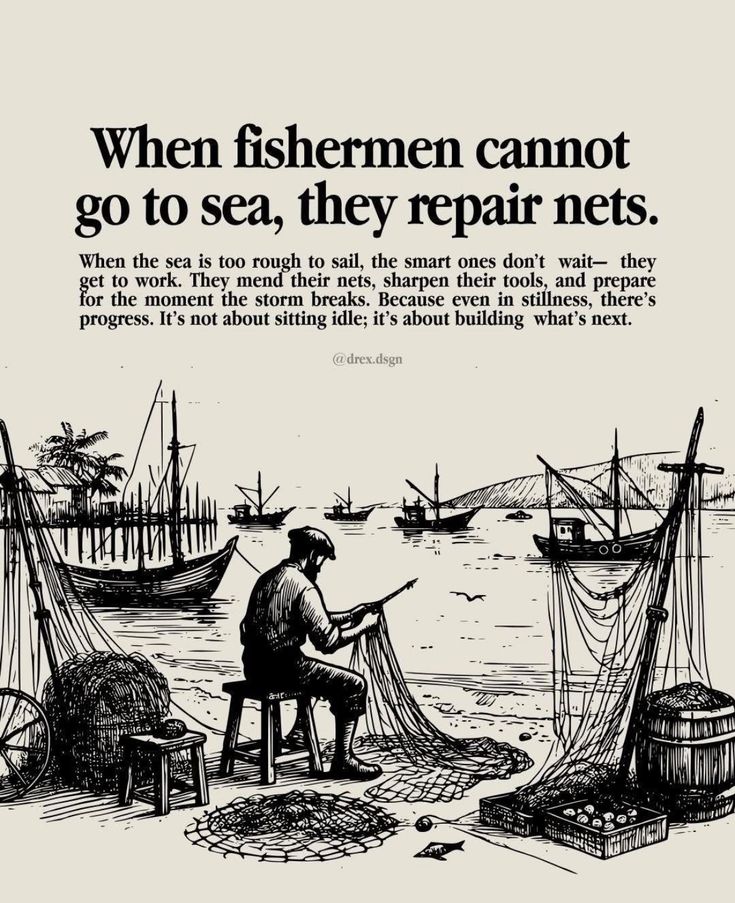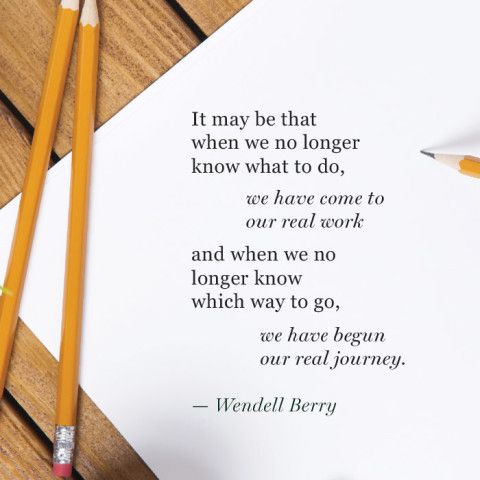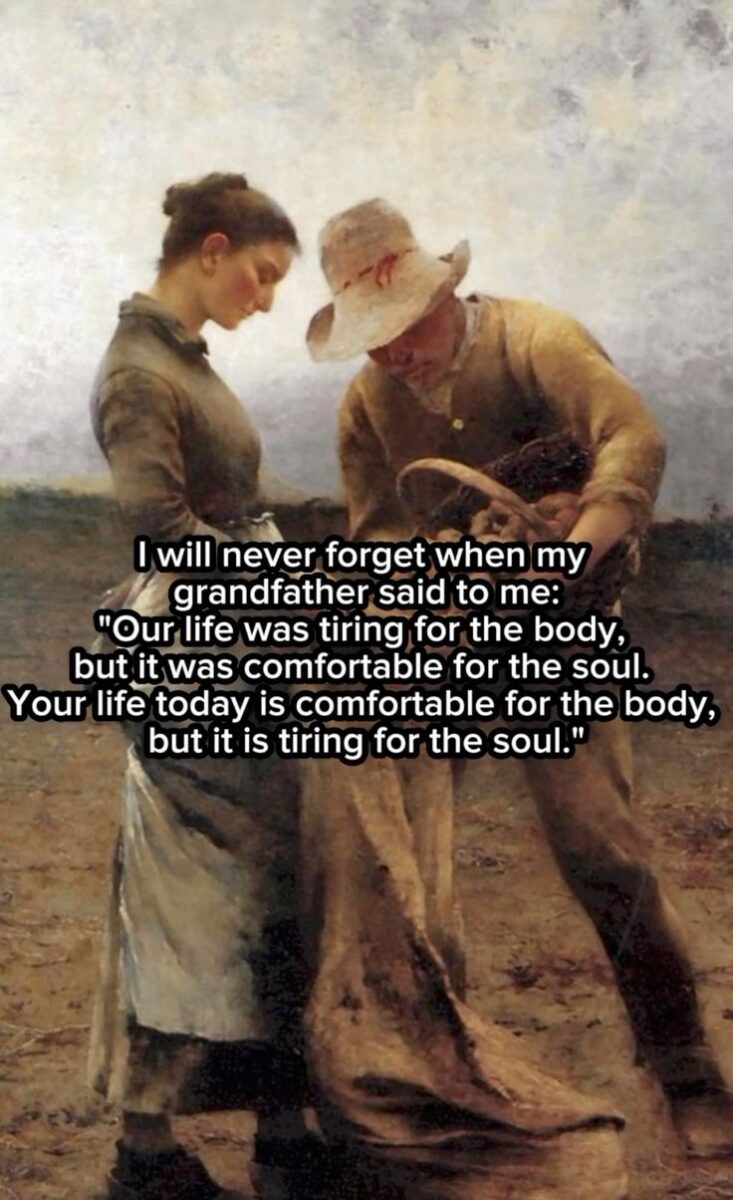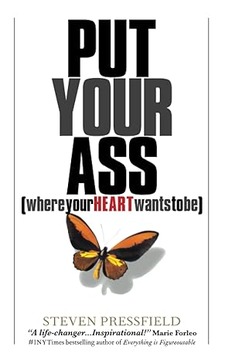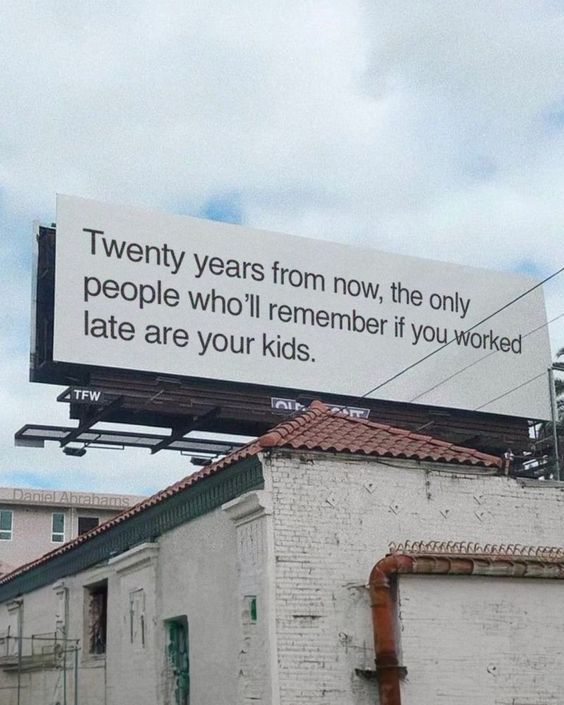“You might be fortunate enough to have a hobby. Something you are focused on and passionate about. You might read the journals, develop your skills, collect, connect with others in the field, and commit to getting better at it… Time spent on a hobby feels like time well spent. Obstacles and setbacks aren’t a tragedy, they’re simply part of journey, the things that make it interesting. It’s possible to bring that mindset to work. Not all the time, certainly, but often. And when we do, it turns out that work gets more productive and even more fun.”
Seth Godin
“Toni Morrison came home one day complaining about her job cleaning someone’s house to her father. She expected him to get angry on her behalf or to pity her. Instead, he said, ‘Listen. You don’t live there. You live here. With your people. Go to work. Get your money. And come on home.’ What he was teaching her, Morrison later wrote, became a set of principles she based her life around. (1) Whatever the work is, do it well—not for the boss but for yourself. (2) You make the job; it doesn’t make you. (3) Your real life is with us, your family. (4) You are not the work you do; you are the person you are.”
Ryan Holiday
“Some ask, What is the reward for all this labor? They are incorrect if they think it’s awards and fame and weeks on the bestseller list. Others want a guarantee: If I put in my ten thousand hours, then I’ll get the job? Then I’ll be able to go pro? Then I’ll be rich? No, that’s not how this goes. Always and forever, the reward is the work. It is a joy itself. It is torture and also heaven—sweaty, wonderful salvation. And that’s how you manage to do prodigious amounts of it—not grudgingly, but lovingly.”
Ryan Holiday, Discipline Is Destiny (Page 64)
“There is, in fact, no word in Japanese that means retire in the sense of ‘leaving the workforce for good’ as in English. According to Dan Buettner, a National Geographic reporter who knows the country well, having a purpose in life is so important in Japanese culture that our idea of retirement simply doesn’t exist there.”
Héctor García and Francesc Miralles, Ikigai (Page 10)
What’s your goal?
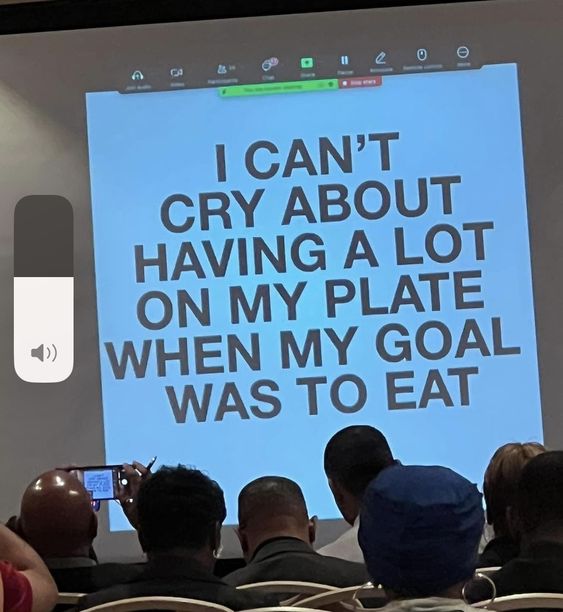
“When I finish the day’s work, I turn my mind off. The office is closed. The work has been handed off to the Unconscious, to the Muse. I respect her. I give her her time. If I see family or friends, I never talk about what I’m working on. I politely deflect any queries. But beyond not talking with others, I refuse to talk to myself. I don’t obsess. I don’t worry. I don’t second-guess. I let it rest. The office is closed.”
Steven Pressfield, Put Your Ass Where Your Heart Wants To Be (Page 79)
“Work is good, but it should not become an addiction. Many people have turned their work into a drug so that they can forget themselves in it—just like a drunkard forgetting himself in alcohol. One should be as capable of nondoing as of doing—then one is free. One should be capable of sitting, not doing anything, as perfectly and beautifully and blissfully as when one is working hard and doing many things; then one is flexible.
Osho, Everyday Osho (Page 235)
“Here’s my frame of mind as I sit down to work: This is the day. There is no other day. This is the day. In other words, I release every thought that smacks of, ‘Maybe we can do this some other time.’ There is no other time. Today is the Superbowl. Today is the day I give birth. Today is the day I die.”
Steven Pressfield, Put Your Ass Where Your Heart Wants To Be (Page 74)
“When you and I put our ass where our heart wants to be, the universe responds. We change. We see ourselves differently. But others, sometimes those we are not aware of (and whom we have no idea are aware of us), see us differently too. They may come to our aid in ways we could never have predicted and by some word or act of kindness change everything.”
Steven Pressfield, Put Your Ass Where Your Heart Wants To Be (Page 41)
Put Your Ass Where Your Heart Wants To Be [Book]
Book Overview: Are you losing your “war of art”? Are you being defeated by a tendency to procrastination, self-doubt, fear, distraction, and perfectionism? Are you self-sabotaging your loftiest artistic entrepreneurial dreams? The antidote is in nine words: Put your ass where your heart wants to be. Can you shift your artistic identity—your “ass”—from the shallow, fearful, superficial ego to the wise, loving, fearless self? Can you commit to your dream for the long haul and for keeps? In this book, best-selling author Steven Pressfield delivers the tough-love inspiration to help you make this life-altering transformation.
“Work is love made visible.
Kahlil Gibran, The Prophet (Page 26)
And if you cannot work with love but only with distaste, it is better that you should leave your work and sit at the gate of the temple and take alms of those who work with joy.
For if you bake bread with indifference, you bake a bitter bread that feeds but half man’s hunger.
And if you grudge the crushing of the grapes, your grudge distils a poison in the wine. And if you sing though as angels, and love not the singing, you muffle man’s ears to the voices of the day and the voices of the night.”
“Instead of asking, ‘How much do I value this item?’ we should ask, ‘If I did not own this item, how much would I pay to obtain it?’ We can do the same for opportunities and commitment. Don’t ask, ‘How will I feel if I miss out on this opportunity?’ but rather, ‘If I did not have this opportunity, how much would I be willing to sacrifice in order to obtain it?’ Similarly, we can ask, ‘If I wasn’t already involved in this project, how hard would I work to get on it?'”
Greg McKeown, Essentialism (Page 149)
“Your profession should only be one part of life. It should not overlap into every dimension of your life, as ordinarily it does. A doctor becomes almost a twenty-four-hour doctor. He thinks about it, he talks about it. Even when he is eating, he is a doctor. While he is making love, he is a doctor. Then it is madness; it is insane. My suggestion is that you work for five or six hours. Use the remaining hours for other things: for sleep, for music, for poetry, for meditation, for love, or for just fooling around. That too is needed. If a person becomes too wise and cannot fool around, he becomes heavy, somber, serious. He misses life.”
Osho, Everyday Osho (Page 87)
“If we’re only excited when people say nice things about our work, it’s a sign that we’re not passionate about the work itself. And if we indulge our interests and skills, but nobody responds to them, then our passion is without purpose. If either piece is missing, we’re not living our dharma.”
Jay Shetty, Think Like A Monk (Page 97)
